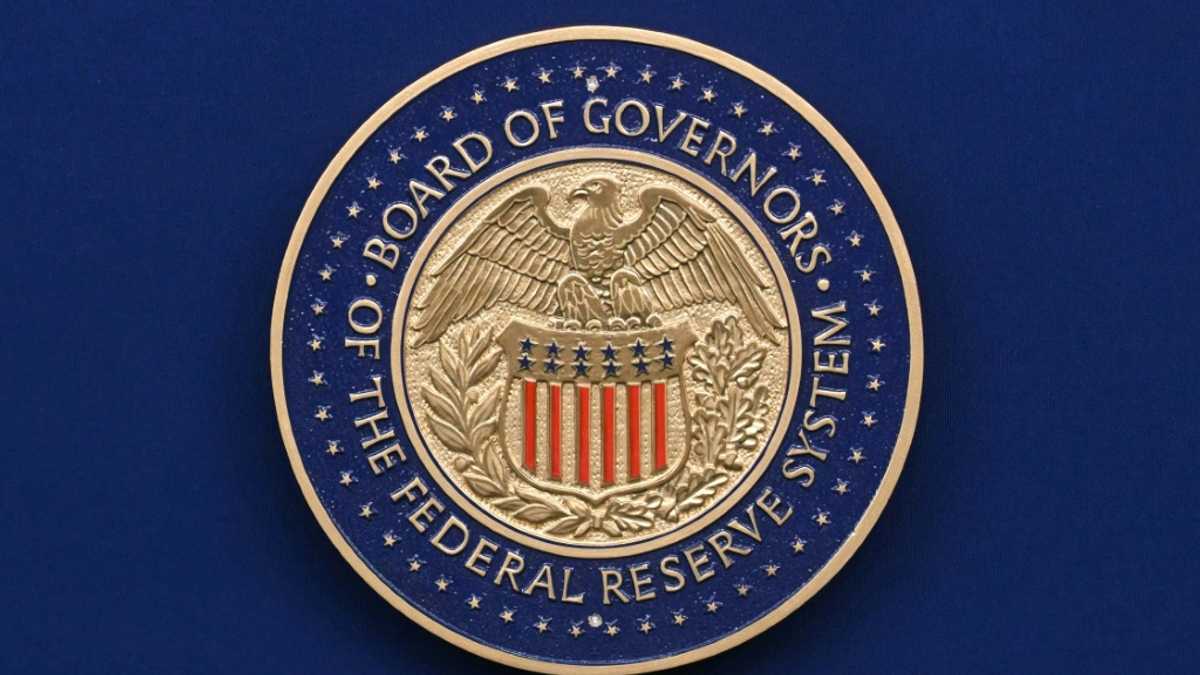Copyright mirror

Catching the flu , Covid-19 , or a similar viral illness could sharply increase your risk of serious heart problems , according to major new research. The review of 155 academic papers revealed that influenza and Covid-19 infections could raise the risk of heart attacks or strokes by three to fivefold in the weeks after infection. Longer-lasting viruses, such as HIV, hepatitis C, and varicella zoster virus, may also elevate the long-term risks of cardiovascular events. Published by the American Heart Association , the analysis highlights vaccination as a potentially key tool to slashing these dangers, especially among people with risk factors of cardiovascular disease. In light of its results, lead author Associate Professor Kosuke Kawai , of the University of California, said : "It is well recognised that human papillomavirus (HPV), hepatitis B virus and other viruses can cause cancer; however, the link between viral infections and other non-communicable diseases, such as cardiovascular disease, is less well understood. "Our study found acute and chronic viral infections are linked to both short- and long-term risks of cardiovascular disease, including strokes and heart attacks." As part of their research, scientists sought to systematically review all published studies examining the connections between viral infections and the risk of strokes or heart attacks. Out of an initial 52,000 studies screened, only 155 were selected for combined analysis due to their appropriate design and high quality. Results showed that the risk of a heart attack was four times higher, and the chance of a stroke was five times higher, in the month after laboratory-confirmed influenza. Meanwhile, in the case of Covid-19, people were three times more likely to experience a heart attack and three times as likely to have a stroke within the 14 weeks after infection. This increased risk persisted for a year. It was also reported that people with HIV generally faced a 60% higher risk of heart attacks and a 45% increased risk of strokes over an average of more than five years. Increased risks were similarly observed among people who had experienced hepatitis C and shingles. Dr Kawai continued: "The elevated risks for cardiovascular disease risks are lower for HIV, hepatitis C and herpes zoster than the heightened short-term risk following influenza and COVID. However, the risks associated with those three viruses are still clinically relevant, especially because they persist for a long period of time. Moreover, shingles affects about one in three people in their lifetime. "Therefore, the elevated risk associated with that virus translates into a large number of excess cases of cardiovascular disease at the population level." Despite their findings, the research team raised several limitations of their study, including that it was based on observation rather than controlled trials. Still, the team considers vaccinations to be potentially important in reducing cardiovascular risks. Flu jabs are designed to guard against influenza, which could prove fatal for certain people. The NHS provides these inoculations to people at heightened risk of severe health complications each autumn or early winter. Six primary groups became eligible to arrange their flu vaccinations from September 1 this year. A further six categories were subsequently able to book from October 1. From September 1, this included: And from October 1, this encompassed: Meanwhile, the following people are advised to get a winter Covid-19 jab this year: For more information, head to the NHS website .



